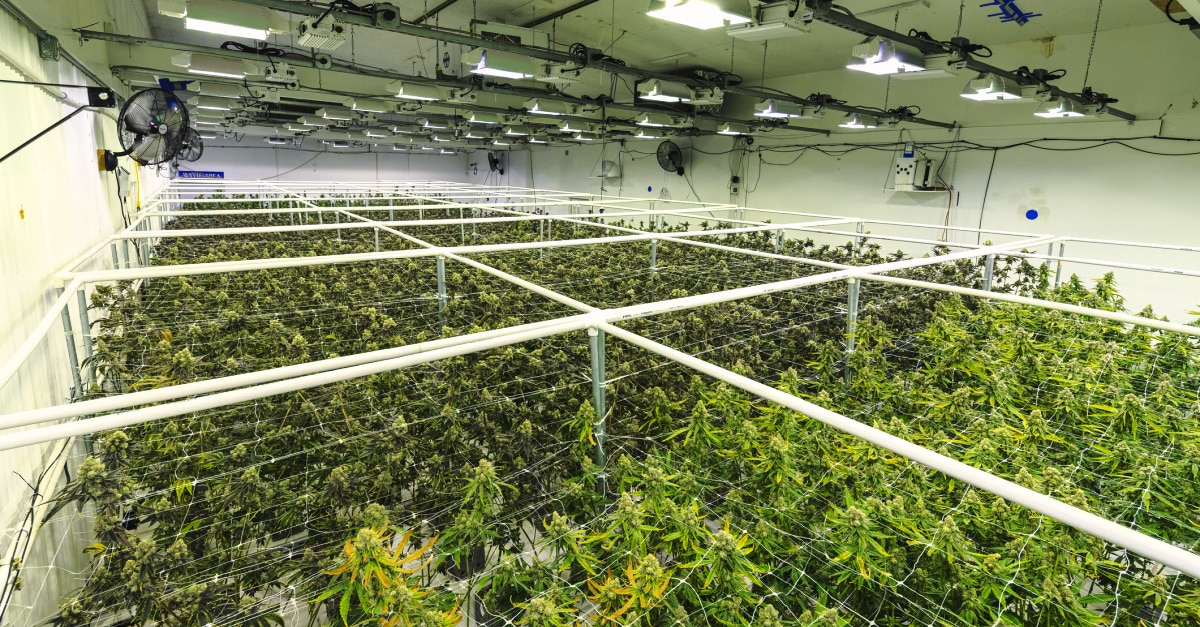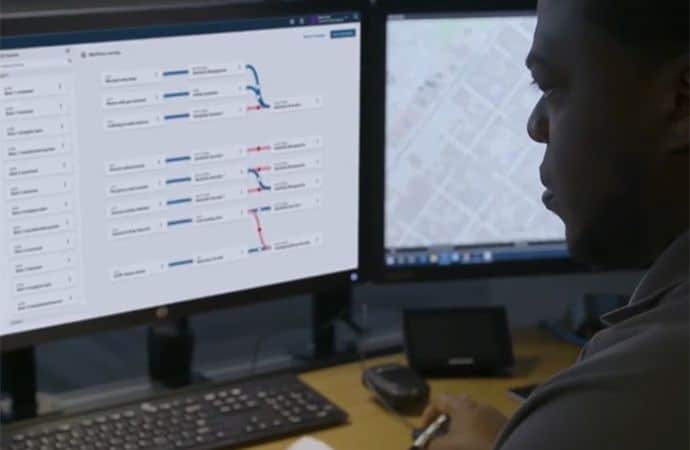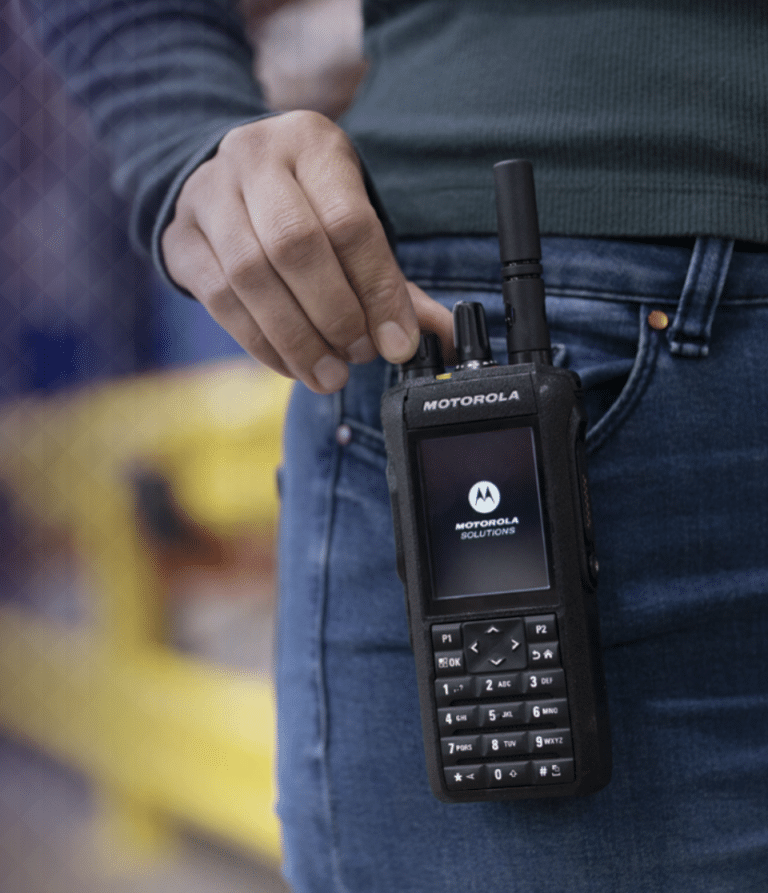Missouri’s cannabis industry is sprouting, and businesses are leaning into strategic partnerships and specialized support to fuel their momentum. Commenco is helping a number of companies working with both medical marijuana and hemp. Here’s how it’s going as the supply chain begins taking shape.
A Long, Slow Start
Connecting Missouri’s cannabis supply chain is off to a slow start and there’s steady frustration all the way around. But the long ramp up really isn’t much of a surprise. Businesses realize that seeding the industry is going to take time marked by baby steps.
“You’re trying to get your own business going while at the same time helping the industry on the whole find its way,” says Mike Markham, Commenco’s Director of Technology Solutions. He has a long history of helping cannabis businesses, dating all the way back to the industry’s early days in Colorado. “Everything is highly regulated and there’s more involved than many businesses thought.”
One challenge has been checking off all the state’s security requirements. The list is long and fairly universal, which puts more responsibility on each business to figure out what exactly it means for their specific operations. For example, transportation businesses are learning that strict surveillance camera requirements apply to them too, even on the road.
“They’re figuring out how to wire cameras inside their trucks to fully document the security of cannabis shipments as those shipments are moving across the state,” says Markham. “All businesses working in this industry are erring on the side of doing too much. Most are fulfilling regulatory requirements in a way that leaves nothing to chance. No one wants conflict over security rules.”

As supply chain players inch their way forward, they’re also having to deal with limited financing options. Not every bank is willing to jump in and many of those participating are tacking on stiff fees. Still, businesses see how cannabis has evolved into huge profits in other states, so they’re not deterred. And Markham is looking for the pace to pick up soon.
“Everyone’s being extra careful, you know, but they’re making important progress. Getting set up is the hardest part and they want to get it exactly right.”
Good Advice in High Demand
From growers to retailers, homegrown Missouri cannabis businesses are leaning on knowledgeable partners for help with navigating the birth of the state’s industry. Markham finds himself spending a lot of time helping businesses interpret security requirements. He says he’s also working with experienced cannabis supply chain businesses from other states who are working in Missouri.
“They know about the cannabis business overall, but they need help with understanding how regulatory requirements apply to them. Each state is different to some degree in how it’s handling its cannabis industry, so you can’t just duplicate operations down to the details.”
Most businesses understand the spirit of security requirements, but look to technology companies for technical translation. Which cameras offer sufficient resolution? How much access control is enough? How much capacity do I need for recorded documentation? The list goes on and on. There’s also a need for all the usual technology you’ll find in other industrial businesses, everything from networking infrastructure, barcode scanners and two-way radios to printers and labels.
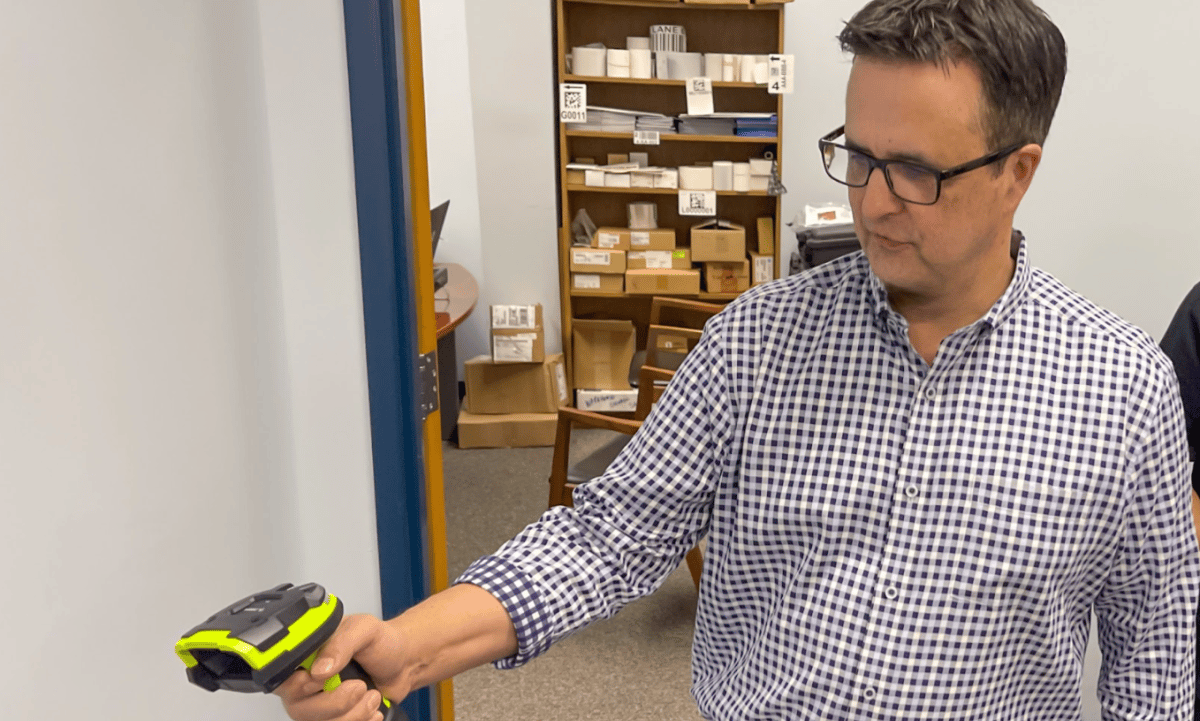
“We go through all the regulatory essentials first and get those squared away,” explains Markham. “Then we focus on solutions that do more and go farther to boost productivity and efficiency. Those are priorities in just about every link of every supply chain.”
Customization is a priority too. Markham says there are all kinds of similarities between companies working in the cannabis space, but each needs both technology and service applied in ways particular to their operations. “Every partnership involves a custom approach. That’s the way it is in any industry, but those working with cannabis have needs that are even more unique.”
Connecting Tech Tools of the Trade
Commenco is knee deep in conversations with cannabis supply chain businesses, comparing notes, exploring options and shaping service. We’re working with companies from Kansas City to California, helping to strengthen key links in the chain including those that store, transport and process cannabis into various products. Markham says companies in each role are adapting to a different way of doing business.
“Storage is a good example. A typical warehouse in other industries arranges inventory to optimize space, regardless of who owns which products. You don’t have to keep each customer’s inventory together. It’s all mixed and arranged like a puzzle to maximize efficiency for storing, processing and shipping. But in Missouri, stored cannabis inventory must be strictly segregated by grower within the warehouse. The state doesn’t want any mixing.”
Missouri also doesn’t want warehouses managing the cannabis inventory they store. Only the grower, or a grower’s subsidiary that owns the cannabis, can pull it out and load it for shipping. Strict separation of the responsibilities is intended to keep cannabis more secure as it passes through the supply chain. But Markham says the downside is it complicates warehouse operations. “Warehouses have to put a lot of thought and work into segregating everything. Inventory is divided into locked areas accessible only to individual growers.”
Imagine large containers or even entire rooms divided into multiple locked compartments. Now imagine configuring access control technology to make sense of it all and keep inventory moving. That’s a challenge requiring some creativity, and it’s not the only one cannabis storage warehouses are looking to tackle with technology.
“They’re interested in all of the technology any warehouse is interested in, but paying more attention to RFID opportunities. Growers are already using RFID to keep regulators in the loop on the movement of every piece of the cannabis supply, so it can be a good fit for storage businesses too.”
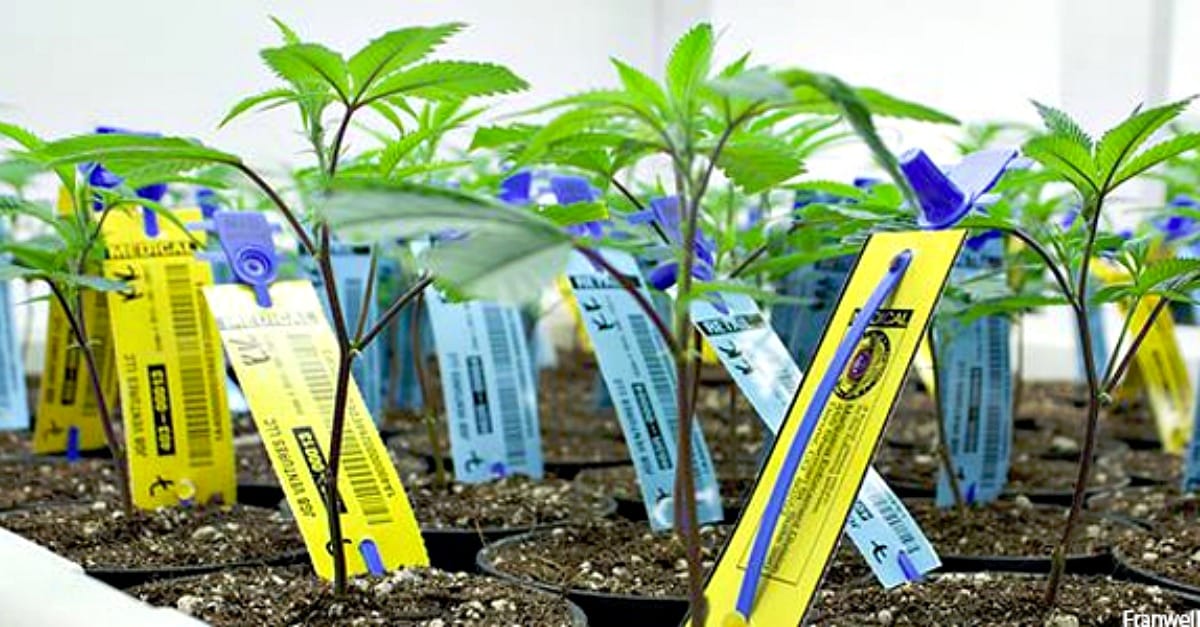
Transportation companies moving raw cannabis and cannabis products between supply chain links are also diving into security technology. Markham is working with them to make sure vehicles have rock solid access control and camera systems matched to the unique needs of mobility in a highly regulated industry. “These are very sensitive operations. You’ve got trucks full of cash and cannabis. They need to be low-profile, discreet and secure.”
Producers, the businesses that transform cannabis into products ranging from rolled flower to edibles, are exploring technology solutions too. Commenco has guided nearly a dozen production businesses as they connect with supply chains on both ends and deploy everything from rugged tablets and RFID antennas to scales and scanners. Inside the role of producer are a variety of support businesses as well.
“We work closely with software developers that really help coordinate and document the flow of supplies through production,” says Markham. “They’re crunching data to give regulators the transparency they need and producers the insights they want.”
When a producer receives cannabis, the corresponding data goes into software systems that track every ounce at every step. Software allows producers to get a clear picture of how much cannabis is needed to make different products in addition to zeroing in on quality to identify preferred growers. For software developers, labels are everything. “Some of those labels are very small and include a large amount of very precise data. QR codes are often involved and batch numbers because tracking is what it’s all about.”

Commenco’s Software Partner Program is a perfect fit for software developers targeting cannabis producers. Developers partnering with Commenco can promise solid hardware-software compatibility to their producer customers, which is especially valuable in a highly specialized field of work. “The closer these B2B relationships are within the cannabis industry the better. It’s a new market and those pioneering it are gaining valuable experience together that will keep them competitive in the long run.”
You hear so much talk about medical marijuana in Missouri, but there’s CBD too and a tidal wave of hemp. The 2018 Farm Bill legalizing the production of the cannabis plant’s non-psychoactive elements is sparking production of everything from clothes to plastics. While government rules are weaker for hemp, it’s still regulated and requires customized technologies. Put it all together and cannabis promises to be a game-changing opportunity for business in more ways than one, but it’s going to take a while to fully bud.
“We’re off to a slow start in Missouri, but momentum is building,” says Markham. “The businesses that get off to a good start with smart planning and the right technology tools are going to have a clear, long-term advantage that will be hard for others to beat.”


